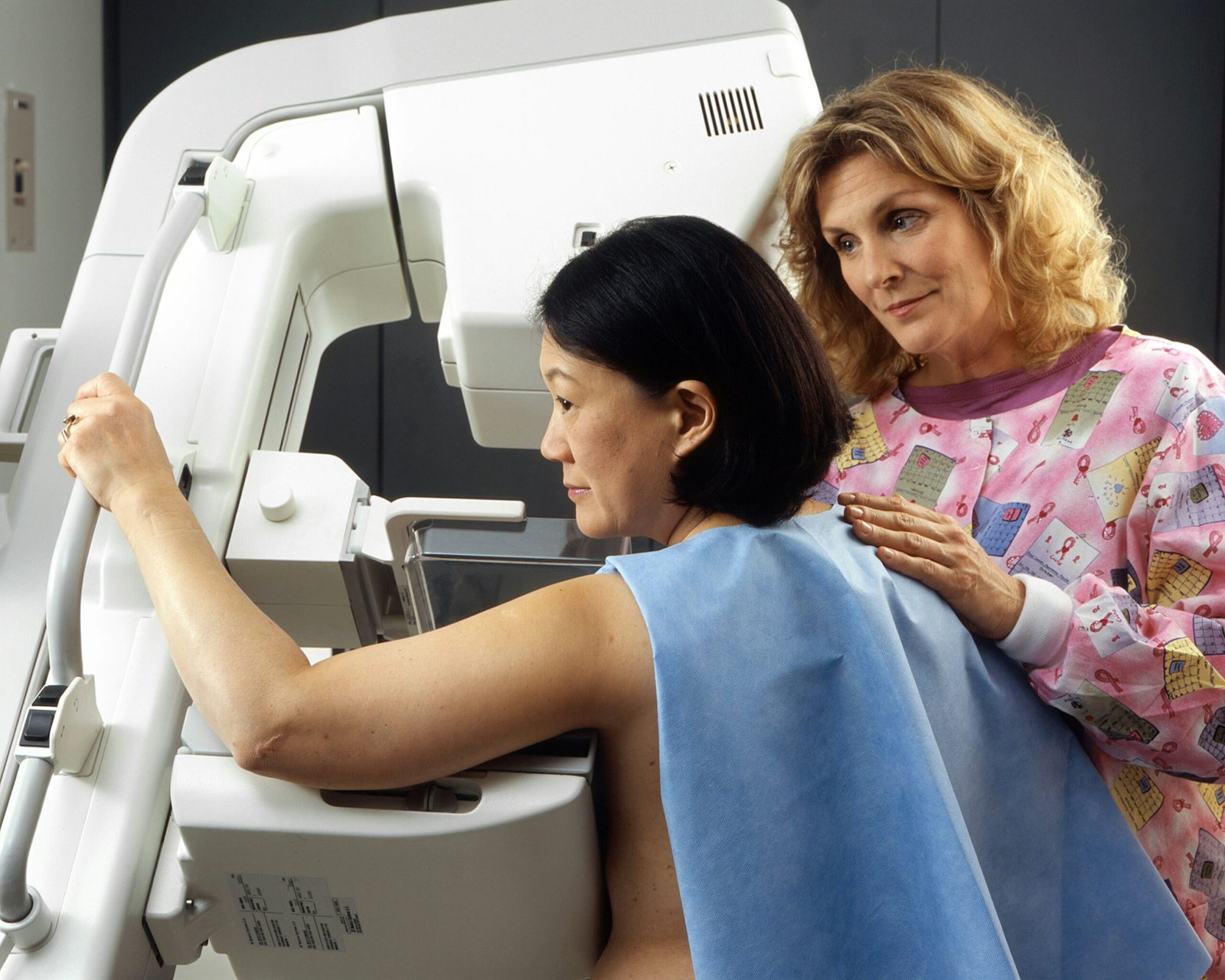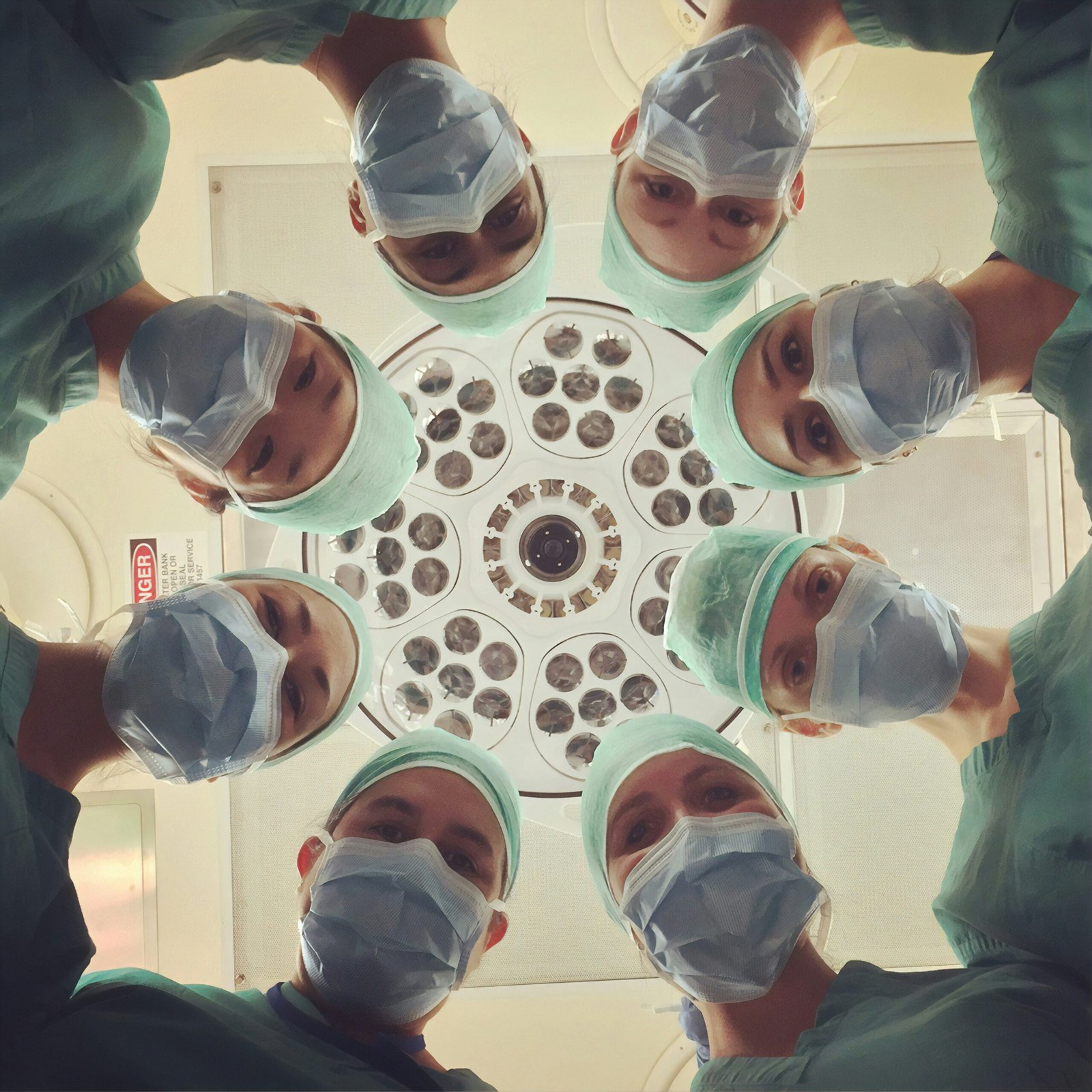Introduction to Asia’s Leading Healthcare Facilities
Asia has emerged as a global leader in the healthcare sector, demonstrating remarkable advancements in medical technology, patient care, and infrastructure. The region’s commitment to medical excellence is evident in the numerous world-class hospitals that have garnered international recognition and accreditation. This comprehensive guide aims to spotlight Asia’s top 12 hospitals, each representing the pinnacle of healthcare standards.
The hospitals featured in this blog post have been meticulously selected based on several critical criteria. First and foremost, medical technology plays a pivotal role. These institutions are equipped with state-of-the-art diagnostic and therapeutic tools, ensuring that patients receive the most accurate and effective treatments available. Additionally, patient care is a cornerstone of their operations, with an emphasis on personalized treatment plans, compassionate care, and holistic recovery processes.
Infrastructure is another key factor in the ranking process. The hospitals boast modern facilities, including advanced operating rooms, specialized departments, and amenities designed to enhance patient comfort and convenience. Furthermore, international accreditation from organizations such as the Joint Commission International (JCI) serves as a testament to their adherence to the highest global standards of healthcare quality and safety.
This guide will delve into the distinctive features that set these hospitals apart, providing a detailed look at their specialized services, groundbreaking research, and innovative healthcare solutions. By exploring these top 12 hospitals, readers will gain insight into the exceptional healthcare options available across Asia, underscoring the region’s role as a beacon of medical innovation and expertise.
When selecting the top 12 hospitals in Asia, we employed a rigorous and multifaceted methodology to ensure a comprehensive and unbiased evaluation. The criteria for selection included medical outcomes, patient satisfaction, the range of services offered, and the reputation within the medical community. Each of these factors was meticulously analyzed to provide a holistic view of healthcare excellence across the continent.
Medical Outcomes
Medical outcomes were a primary consideration, focusing on the success rates of various procedures and the overall quality of care. We examined data on mortality rates, complication rates, and recovery times, ensuring that only hospitals with exemplary performance in these areas were considered. This data was sourced from institutional records and verified through multiple channels to ensure accuracy.
Patient Satisfaction
Patient satisfaction is a crucial indicator of hospital quality and was assessed through extensive reviews and surveys. We analyzed patient feedback from various sources, including hospital surveys, online reviews, and testimonials. This qualitative data provided insights into the patient experience, encompassing aspects such as bedside manner, hospital cleanliness, and post-treatment support.
Range of Services
The range of services offered by each hospital was another critical factor. We considered the availability of specialized departments, advanced medical technologies, and comprehensive treatment options. Hospitals that demonstrated a capacity to handle a wide array of medical conditions, from routine check-ups to complex surgeries, were given priority.
Reputation Within the Medical Community
The reputation of each hospital within the medical community was evaluated through expert opinions and institutional rankings. We consulted with medical professionals, including doctors, nurses, and administrators, to gather their perspectives on each institution’s strengths and weaknesses. Additionally, we reviewed rankings from reputable organizations and publications to corroborate our findings.
By integrating these diverse sources of data, we ensured that our selection of the top 12 hospitals in Asia was both thorough and balanced, providing readers with a reliable guide to the continent’s leading healthcare institutions.
Bumrungrad International Hospital, Thailand
Bumrungrad International Hospital, located in the heart of Bangkok, Thailand, stands out as a premier healthcare institution renowned for its comprehensive medical services. The hospital’s specialty areas include a world-class Heart Center, cutting-edge cancer treatment facilities, and advanced surgical procedures that draw patients from across the globe. Bumrungrad’s Heart Center is particularly noted for its innovative treatments and state-of-the-art cardiac care, offering services ranging from non-invasive diagnostics to complex heart surgeries. Patients benefit from a multidisciplinary approach that ensures holistic and personalized care.
The hospital’s cancer treatment facilities are equally impressive, featuring the latest in chemotherapy, radiation therapy, and surgical oncology. Bumrungrad leverages advanced technology and a team of specialized oncologists to provide tailored treatment plans that aim for the best patient outcomes. The institution’s commitment to excellence extends to its surgical capabilities, with a wide array of advanced procedures performed by highly skilled surgeons. These include minimally invasive surgeries, robotic-assisted surgeries, and complex reconstructive surgeries, ensuring patients receive top-tier medical care.
Patient testimonials often highlight the exceptional quality of care received at Bumrungrad International Hospital. Many international patients express satisfaction with the hospital’s comprehensive services, from initial consultation to post-operative care. The hospital’s International Patient Services are designed to cater to the unique needs of global patients, offering assistance with travel arrangements, language interpretation, and personalized healthcare coordination.
Bumrungrad International Hospital’s commitment to maintaining high standards of care is reflected in its numerous accreditations and certifications. It is accredited by the Joint Commission International (JCI), a testament to its adherence to international healthcare standards. Additionally, the hospital has received various accolades for its clinical excellence and patient safety initiatives, solidifying its reputation as one of Asia’s top hospitals.
Singapore General Hospital, Singapore
Singapore General Hospital (SGH) stands as a paragon of excellence in both patient care and medical research. Established in 1821, SGH is the oldest and largest hospital in Singapore, providing comprehensive and multidisciplinary medical services to both local and international patients. Its enduring commitment to healthcare is reflected in its state-of-the-art facilities and cutting-edge technology, which enable the hospital to offer a wide range of specialized treatments and services.
SGH’s reputation for high standards in patient care is supported by its continuous efforts in medical research and innovation. The hospital houses numerous research institutes and centers, including the National Heart Centre and the Singapore National Eye Centre, which are dedicated to advancing medical knowledge and improving patient outcomes. These institutions collaborate with global research bodies to conduct groundbreaking studies that contribute significantly to the field of medicine.
One of the key strengths of SGH is its role in the education and training of healthcare professionals. Through its affiliations with various universities and medical schools, SGH offers numerous residency programs, fellowships, and continuing medical education courses. These programs are designed to equip doctors, nurses, and allied health professionals with the skills and knowledge necessary to excel in their fields. The hospital’s commitment to education ensures that the next generation of healthcare providers is well-prepared to meet the challenges of modern medicine.
International collaborations are another cornerstone of SGH’s mission. The hospital actively engages in partnerships with leading healthcare institutions around the world. These collaborations facilitate the exchange of knowledge, expertise, and best practices, thereby enhancing the quality of care provided to patients. SGH’s involvement in global health initiatives underscores its commitment to improving healthcare standards not only in Singapore but also on an international scale.
Overall, Singapore General Hospital exemplifies a holistic approach to healthcare, where patient care, medical research, education, and international cooperation converge to create a leading institution in the medical field. Its contributions to healthcare advancements and professional training make it a pivotal institution in Asia’s medical landscape.
3. Asan Medical Center, South Korea
Located in Seoul, South Korea, Asan Medical Center (AMC) stands as one of Asia’s premier healthcare institutions, renowned for its comprehensive medical services and cutting-edge treatments. With a strong emphasis on multidisciplinary care, AMC is particularly distinguished by its Liver Transplant Center and Cancer Institute, both of which are recognized as leaders in their respective fields. The Liver Transplant Center has achieved remarkable success rates and has been pivotal in advancing the field of liver transplantation, earning international acclaim for its innovative surgical techniques and patient outcomes.
The Cancer Institute at Asan Medical Center is another cornerstone of its medical prowess. Equipped with state-of-the-art technology, the institute offers a full spectrum of cancer care, from early detection and diagnosis to advanced treatment options, including surgery, chemotherapy, and radiotherapy. The integration of cutting-edge technology, such as robotic surgery and precision medicine, underscores AMC’s commitment to providing top-tier cancer care. Furthermore, the institute is heavily involved in clinical research, contributing significantly to the global understanding of cancer and the development of new therapies.
Technological innovation is a hallmark of AMC, with the hospital continuously investing in advanced medical equipment and information systems to enhance patient care. The hospital’s adoption of electronic medical records (EMR) and telemedicine services has streamlined operations and improved patient outcomes, making healthcare more accessible and efficient. AMC’s dedication to research is evident through its numerous publications in prestigious medical journals and its active participation in international clinical trials.
Asan Medical Center’s commitment to patient-centered care is reflected in its holistic approach to treatment, focusing not only on medical interventions but also on the overall well-being of patients. This philosophy has garnered the hospital numerous awards and recognitions, including accolades for patient safety and quality care. The hospital’s achievements are a testament to its unwavering dedication to excellence in healthcare, making it a beacon of medical innovation and compassionate care in Asia.
Prince Court Medical Centre, Malaysia
Located in the heart of Kuala Lumpur, Prince Court Medical Centre stands as a beacon of excellence in healthcare, renowned for its luxurious facilities and exceptional patient care services. This state-of-the-art hospital delivers a unique blend of comfort and advanced medical care, ensuring a holistic healthcare experience for all its patients.
One of the hospital’s standout features is its specialized centers, notably the Fertility Centre and the Cardiac Centre. The Fertility Centre is equipped with cutting-edge technology and a team of highly skilled specialists, offering comprehensive fertility treatments and support services. The Cardiac Centre, on the other hand, boasts a full spectrum of cardiac care, from diagnostics and interventional procedures to rehabilitation, ensuring that patients receive top-tier cardiovascular treatments.
Prince Court’s commitment to patient-centric care is further emphasized through its International Patient Centre. This program is designed to provide seamless and personalized services to international patients, covering everything from medical appointments to accommodation and concierge services. The hospital’s multilingual staff and culturally sensitive approach make it an attractive option for patients from around the world seeking high-quality medical care.
In terms of credentials, Prince Court Medical Centre is accredited by the Malaysian Society for Quality in Health (MSQH) and has received numerous international recognitions. These accolades underscore the hospital’s commitment to maintaining the highest standards of healthcare and patient safety. Furthermore, the hospital is equipped with modern amenities that enhance patient comfort, such as private rooms, gourmet dining options, and wellness programs.
Prince Court Medical Centre’s blend of luxurious facilities, comprehensive patient care, and specialized medical services positions it as one of Asia’s top hospitals. Its dedication to excellence is evident in every aspect of its operations, from the well-appointed patient rooms to the advanced medical treatments offered.
Tokyo Medical University Hospital, Japan
Tokyo Medical University Hospital stands as a beacon of medical excellence in Japan, renowned for its state-of-the-art treatments and robust research initiatives. As one of the nation’s premier medical institutions, it offers a comprehensive range of services, ensuring high-quality care for its patients. The hospital is particularly noted for its specialized departments, including the neurology and oncology centers, which are at the forefront of medical advancements.
The neurology center at Tokyo Medical University Hospital is equipped with cutting-edge technology and staffed by a team of experts dedicated to diagnosing and treating a wide array of neurological disorders. Patients benefit from the latest in medical imaging and minimally invasive surgical techniques, ensuring more accurate diagnoses and effective treatments. Additionally, the center’s commitment to research means that patients often have access to pioneering therapies and clinical trials that are not available elsewhere.
Similarly, the oncology center is a pillar of the hospital’s medical services, offering comprehensive cancer care that encompasses prevention, diagnosis, treatment, and rehabilitation. The center employs a multidisciplinary approach, bringing together specialists from various fields to devise personalized treatment plans. This collaborative effort is bolstered by ongoing research into novel therapies and the latest advancements in cancer treatment, ensuring that patients receive the most effective and innovative care possible.
Beyond its patient care services, Tokyo Medical University Hospital is also a hub for medical education and research. The institution is committed to training the next generation of healthcare professionals, offering a range of educational programs that emphasize both theoretical knowledge and practical skills. The hospital’s research initiatives are equally impressive, with numerous projects aimed at developing new treatments and improving existing ones. These efforts not only enhance patient care but also contribute significantly to the global medical community.
In summary, Tokyo Medical University Hospital exemplifies the integration of advanced medical treatments, cutting-edge research, and comprehensive educational programs. Its specialized departments, particularly in neurology and oncology, highlight the hospital’s role in advancing medical science and providing exceptional patient care. This commitment to excellence ensures that Tokyo Medical University Hospital remains a leader in the healthcare sector, both in Japan and internationally.
Conclusion: The Future of Healthcare in Asia
Throughout this comprehensive guide, we have explored the leading hospitals in Asia, each distinguished by its commitment to excellence in patient care, advanced medical technologies, and innovative healthcare practices. These top-tier institutions showcase the remarkable strides made in the region’s healthcare landscape, reflecting a blend of traditional values and cutting-edge advancements. As we look towards the future, it is evident that Asia stands at the forefront of global healthcare innovation.
Key trends emerging from these hospitals include the integration of digital health technologies, personalized medicine, and a strong emphasis on patient-centric care. The use of artificial intelligence, robotics, and telemedicine is revolutionizing the way medical services are delivered, making healthcare more accessible and efficient. Moreover, the focus on precision medicine is paving the way for treatments tailored to individual genetic profiles, significantly improving patient outcomes.
Investment in healthcare infrastructure and research remains paramount to sustaining these achievements. Governments and private sectors in Asia are increasingly recognizing the importance of funding medical research and development, ensuring that healthcare facilities are equipped with the latest technologies. This ongoing investment is crucial for maintaining high standards of patient care and for fostering an environment where medical professionals can thrive and innovate.
Additionally, the collaboration between medical institutions across borders is fostering a global exchange of knowledge and best practices. This international cooperation is vital for tackling global health challenges and for ensuring that advancements in healthcare are shared and implemented worldwide.
In conclusion, the future of healthcare in Asia looks promising, driven by relentless innovation and a commitment to excellence. By continuing to invest in healthcare infrastructure and embracing new technologies, Asia is well-positioned to set new benchmarks in global healthcare, ensuring that patients receive the highest quality of care now and in the years to come.


